India (Pune)
A startup in India is using AI to address the growing urban problems of water loss and pollution, by predicting what happens underground.
Inspired by his grandfather, S.M. Bhalerao, who wrote the first ever Encyclopedia on the 3,721 Indian Rivers (‘Bharatiya Sarita Kosh’), Asim Bhalerao set up Fluid Robotics in 2016 to keep Indian rivers pollution-free.
A highly qualified technologist and researcher, Asim was working in Silicon Valley as a robotics hardware engineer when he went home to visit his family in Mumbai and came across a leak in the 2km pipeline in his neighbourhood. He discovered that it would take months to fix, because the city didn’t know where the leak originated. He also noticed residential societies and office premises regularly put up signboards saying ‘No water from 9 am to 5 pm’ due to problems with the pipeline network.
Asim explains: “Due to unreliable or sometimes non-existent maps from the municipal corporation, they had to rely on local knowledge to identify the location of the pipe, sometimes digging around for weeks.”
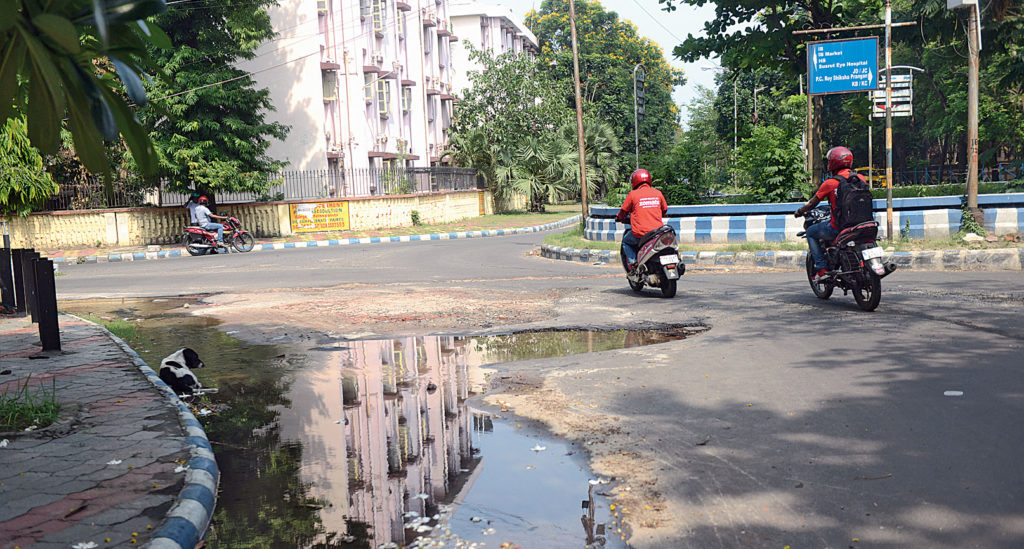
Most cities around the world don’t have their underground infrastructure mapped. With no mapped systems, it is almost impossible for urban areas to manage their water infrastructure. In India, the current urban water distribution and wastewater treatment network is inefficient, with 50-60% of water lost in distribution due to leaks and illegal taps, and about 70-80% of wastewater entering lakes and rivers untreated. The agriculture sector, the biggest consumer of water, struggles with water loss and disproportionate water allotment.
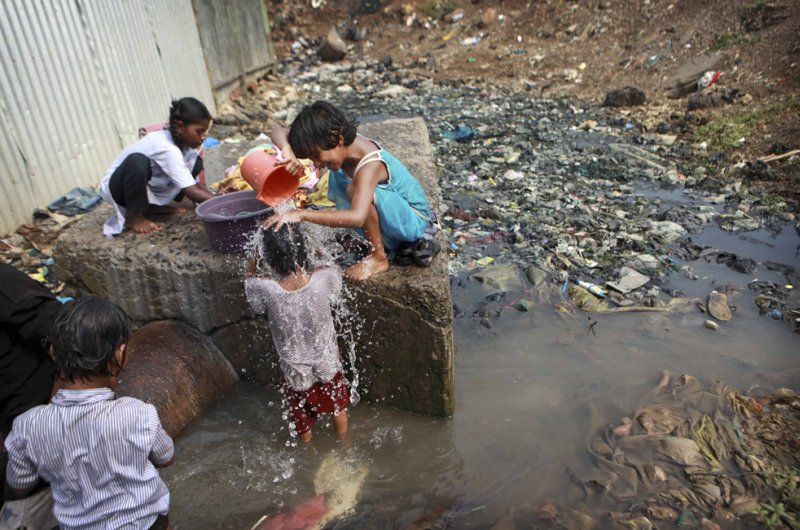
The Pune-based Fluid Robotics provides technology solutions for pipeline monitoring and management of water and wastewater infrastructure. To reduce pollution in waterways and avoid water loss, Asim and his co-founder, Nidhi Jain, created a mobile robot to help better understand, analyse and predict what happens underground.
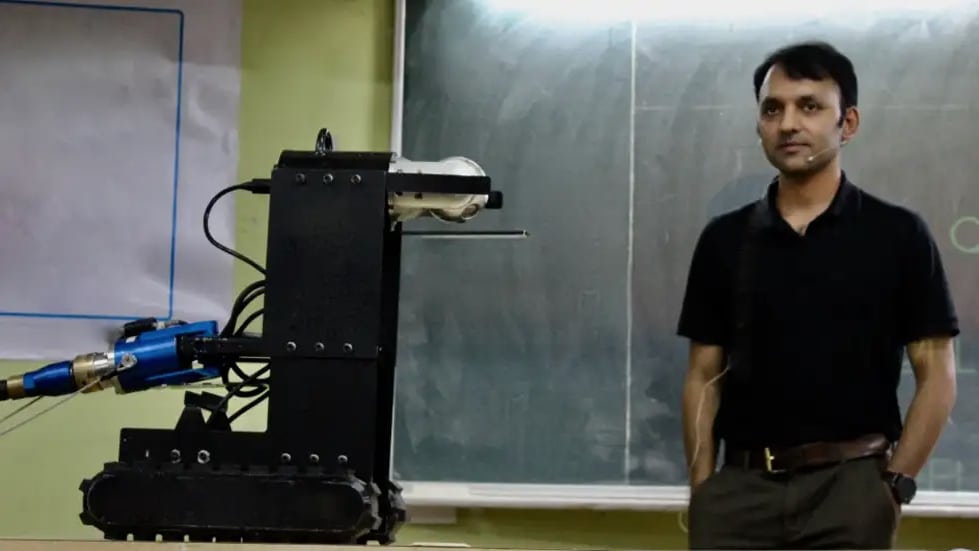
This tethered robot carries sensors that can measure water flow, and moves through pipes to map underground networks, scan the structure of the pipes for defects, inspect water quality and capture pipe health, preventing thousands of hours of manual scavenging. With this data-driven process, Fluid Robotics help cities to maximise water reuse by preventing pipe breaks and leaks, and minimise water pollution by identifying contaminants at the source. It can also track the outbreak of COVID-19 through wastewater systems.
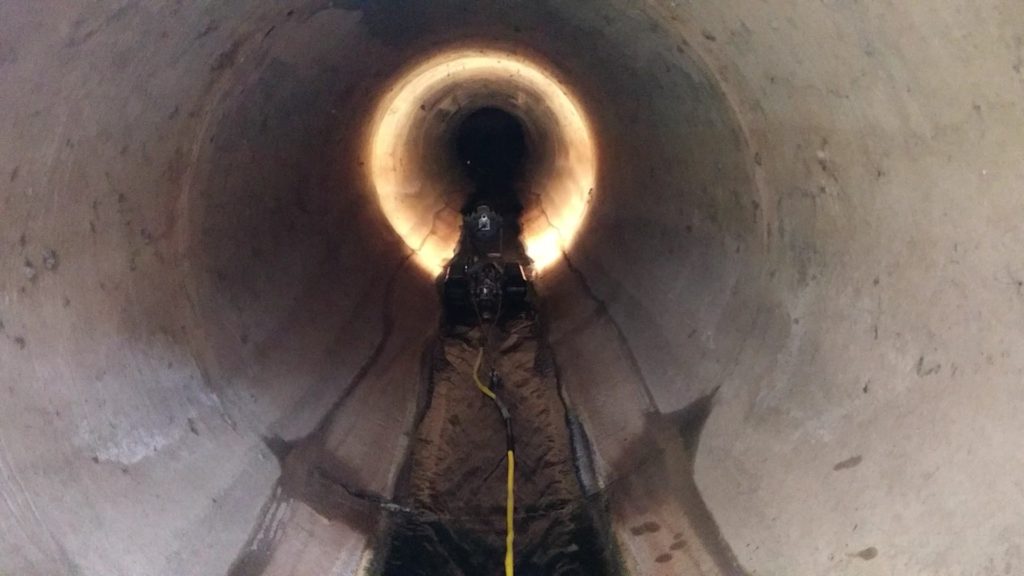
Asim and Nidhi (pictured below) piloted their solution in the Powai Lake and Mithi River in Mumbai, and now Fluid Robotics is deploying their technology in ten cities across India. One of these cities is Pune, where Fluid Robotics works in the pollution abatement along the 22-kilometre Mula-mutha River.
“We use AI and robotics to automate pipeline mapping and health assessment. We also use drones and AI for crop pattern analysis, identifying different crops and water sources for effective farm management,” shares Nidhi.

Asim Bhalerao and Nidhi Jain
Fluid Robotics claims to be the first company in India to use AI to address water issues. The company have been recognised at various levels., winning an award for ‘Best Water Instrumentation and Automation’ company at the 2018 Water Awards in New Delhi, and being elected in 2018 as one of India’s Top 25 Impact Ventures by the 7th Action For India (AFI) Forum. It was also named one of India’s top ten innovative startups by Socioconnect, an initiative by the US Consulate General Mumbai and BVIC.
AtlasAction: Learn more about Fluid Robotics here.
Project leader
Asim Bhalerao, Founder & CEO, and Nidhi Jain, Co-founder
Partners
Support the Atlas
We want the Atlas of the Future media platform and our event to be available to everybody, everywhere for free – always. Fancy helping us spread stories of hope and optimism to create a better tomorrow? For those able, we'd be grateful for any donation.
- Please support the Atlas here
- Thank you!
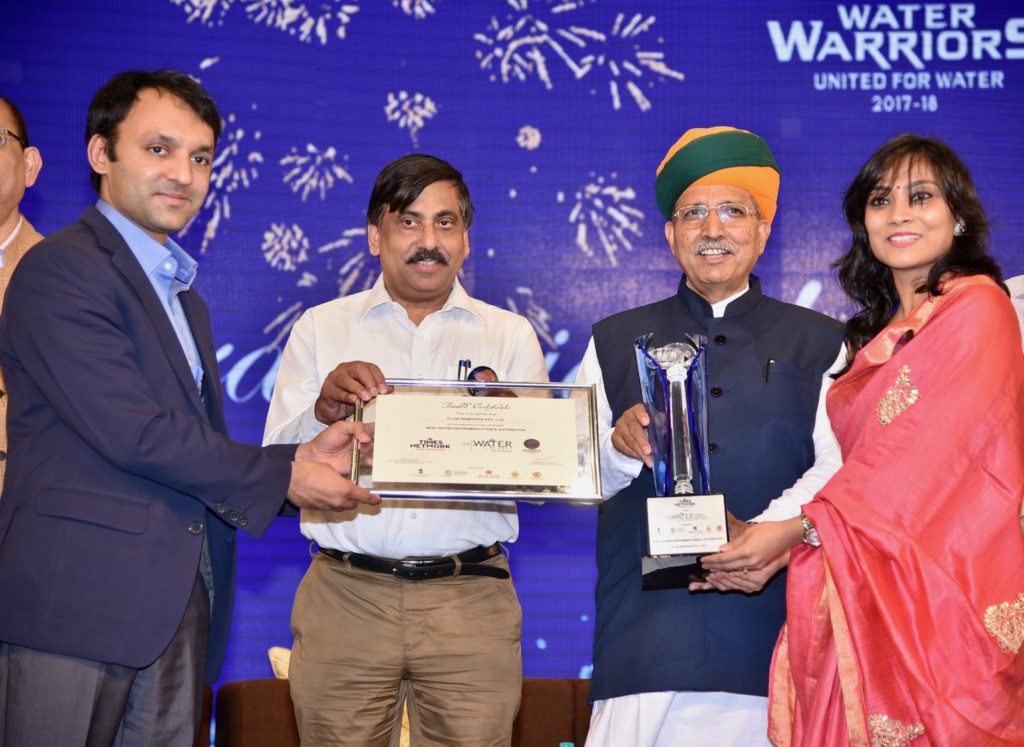
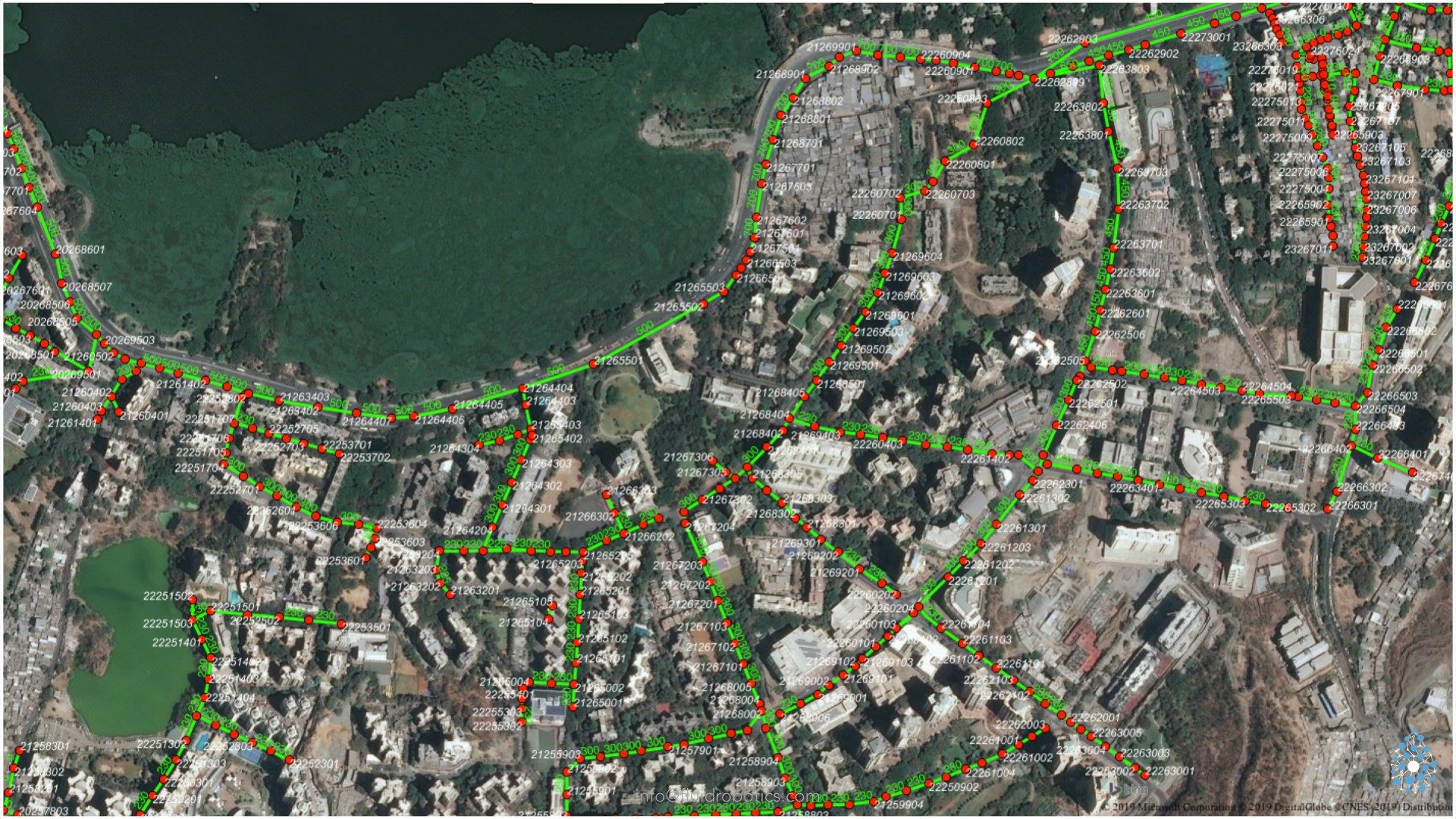
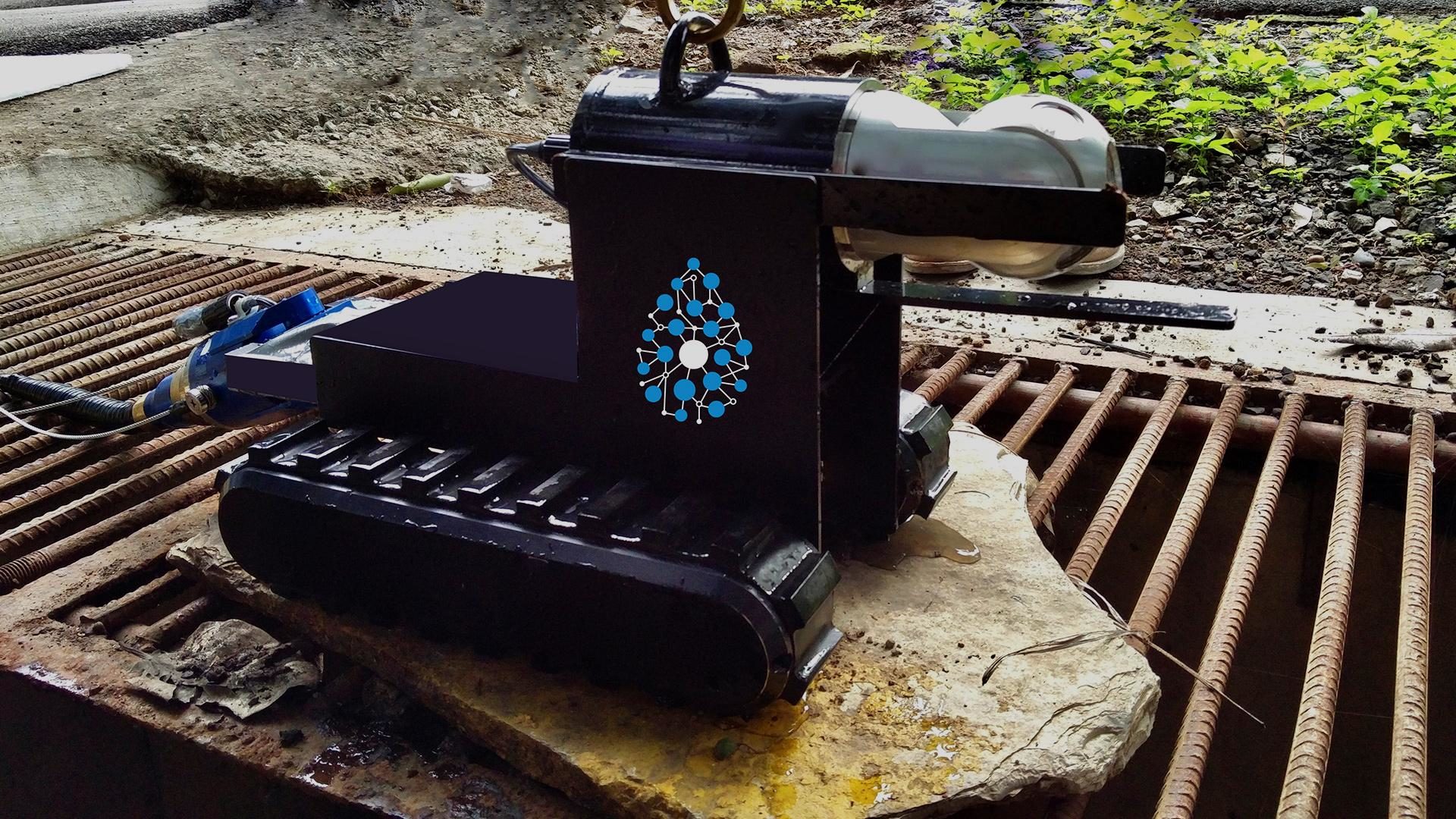
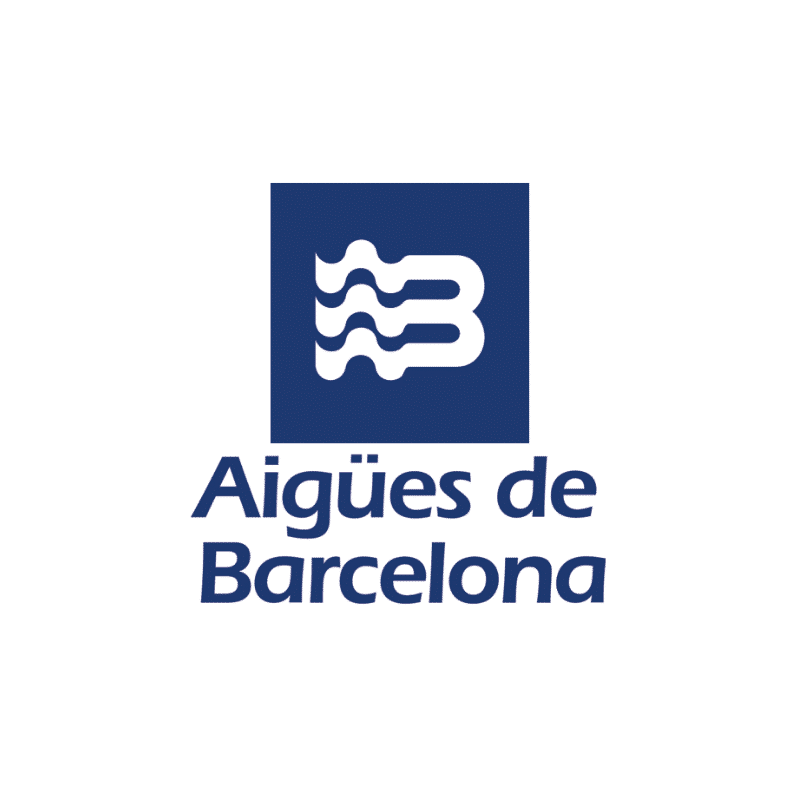
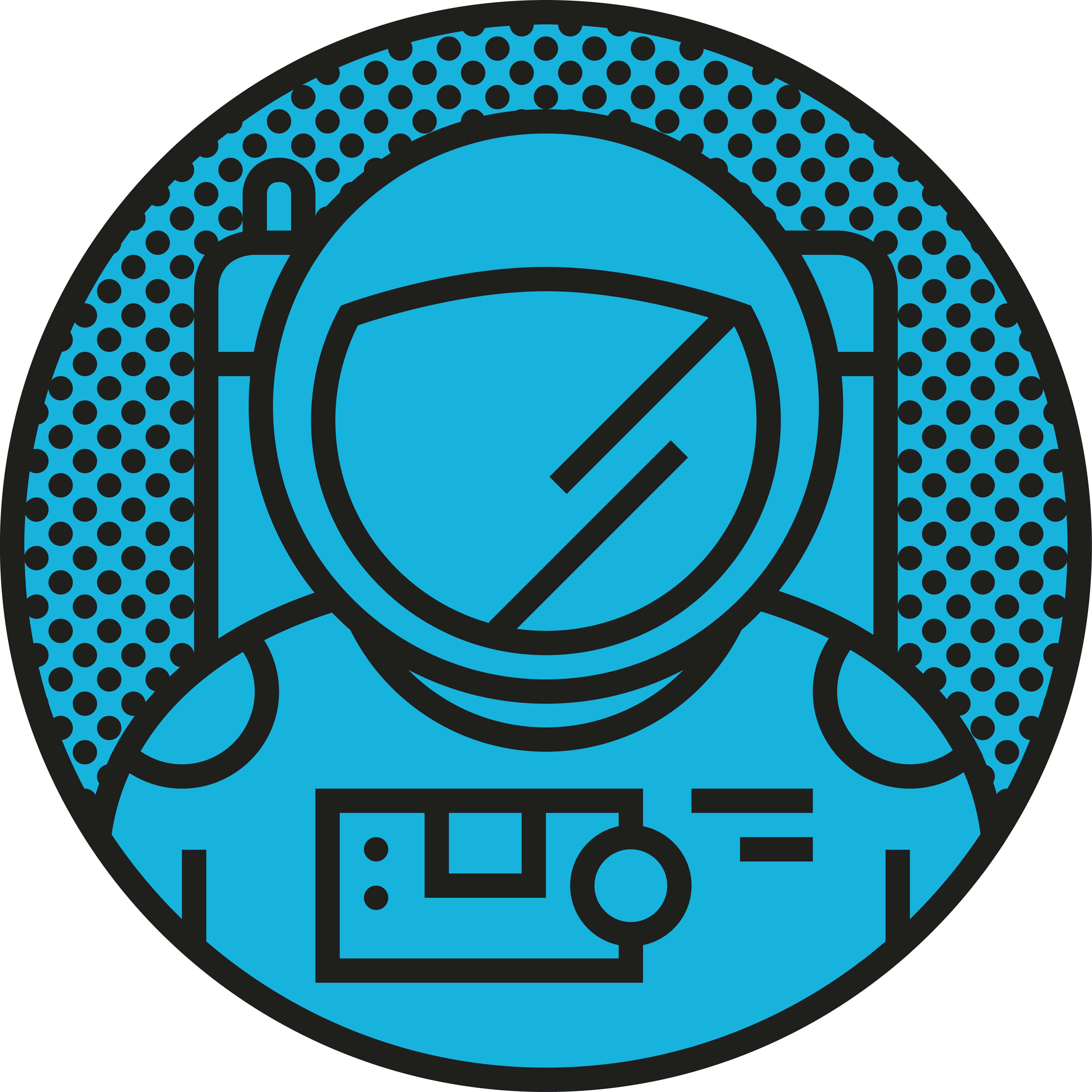


NOBLE THINKING IDEA.